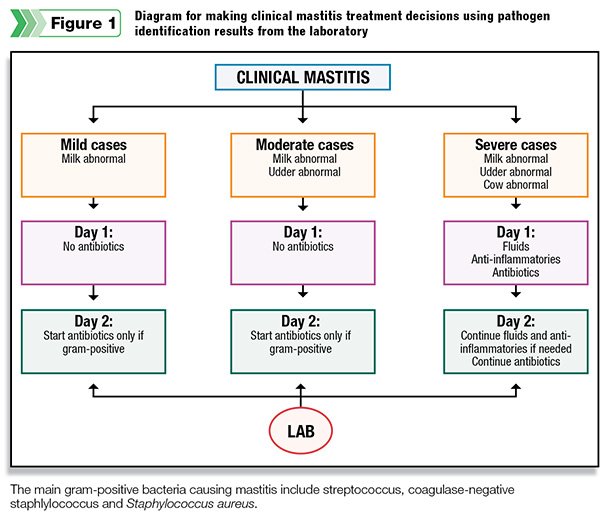Understanding Mastitis and Its Impact on Dairy Farming
Mastitis is a common and costly disease in the dairy industry, affecting cows and buffalo. It occurs when the udder glands become infected, leading to swelling and inflammation. This condition not only affects the health of the animals but also has a significant impact on milk production and quality. As a result, it causes substantial financial losses for farmers worldwide. The risk of mastitis increases under certain conditions, such as poor hygiene, udder injuries, or high levels of stress among the animals.
Traditionally, antibiotics have been used to treat mastitis. However, their repeated use poses several challenges. One major issue is the development of antibiotic-resistant bacteria, which makes infections harder to treat over time. Another concern is that milk from treated animals may contain antibiotic residues, making it unsuitable for consumption. These issues highlight the need for alternative treatment methods that are both effective and safe.
Exploring New Treatment Approaches
In response to these challenges, scientists are investigating innovative solutions. One promising area of research involves recombinant therapeutics—protein-based treatments developed through genetic engineering. These treatments offer an alternative to traditional antibiotics by either enhancing the cow’s immune system or directly targeting the bacteria causing the infection. Unlike conventional antibiotics, they do not contribute to the development of resistant strains and do not require long waiting periods before the milk can be safely consumed.
Recombinant therapeutics are produced using bacterial hosts, allowing for large-scale manufacturing. They provide targeted treatment options that are both safe and efficient. By focusing on specific pathogens, these treatments minimize harm to beneficial microorganisms in the udder, maintaining a healthier environment for the animal.
Focus on Recombinant Lysostaphin
Our research centers around a specific enzyme known as recombinant lysostaphin, which is derived from Staphylococcus simulans. This enzyme is particularly effective against Staphylococcus aureus, a common cause of mastitis. Lysostaphin works by breaking down the cell walls of harmful bacteria, eliminating them without affecting the beneficial microbes in the udder.
Through advanced cloning techniques, we have successfully produced recombinant lysostaphin using an E. coli expression system. The purified form of this enzyme has demonstrated strong antimicrobial activity in laboratory tests, showing great potential as a treatment for mastitis.
Benefits and Challenges of Recombinant Therapeutics
The use of recombinant therapeutics offers numerous benefits for all stakeholders involved in dairy farming. These treatments reduce the reliance on antibiotics, ensuring that milk remains free from harmful residues. They also support global efforts to combat antibiotic resistance, aligning with broader public health goals.
For farmers, these treatments can improve animal welfare and increase profitability by reducing the incidence of mastitis. For consumers, they provide safer dairy products. However, there are still challenges to overcome. The development of these treatments can be expensive, and they often require specific storage conditions. Additionally, precise diagnosis is necessary before administering these therapies, as they typically target specific types of bacteria.
Conclusion: A New Era in Mastitis Management
Recombinant therapeutics represent a significant advancement in the treatment of mastitis. With the growing emphasis on sustainable agricultural practices, these treatments could play a crucial role in improving the health of dairy herds. Recombinant lysostaphin, in particular, shows promise as a key component in the future of mastitis management.
As research continues, the potential for these innovative treatments to set new standards in dairy farming becomes increasingly clear. By reducing the use of antibiotics and promoting safer, more effective alternatives, recombinant therapeutics may help shape a more sustainable and resilient dairy industry.

